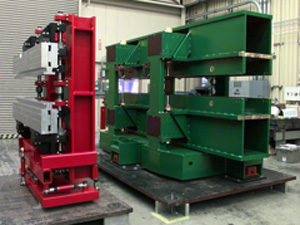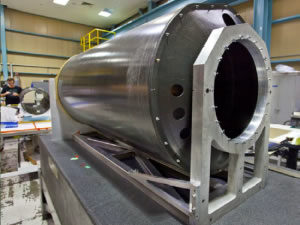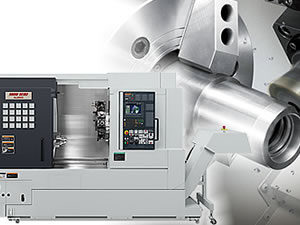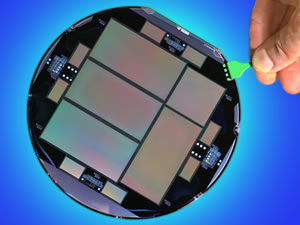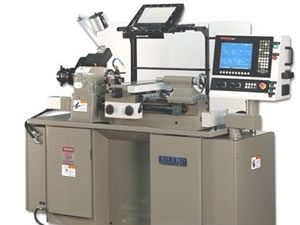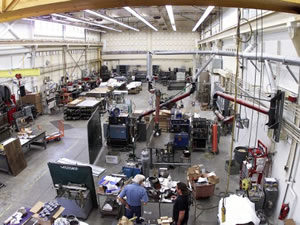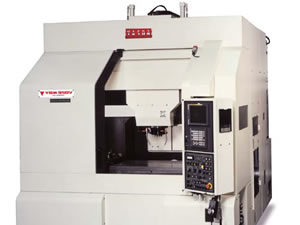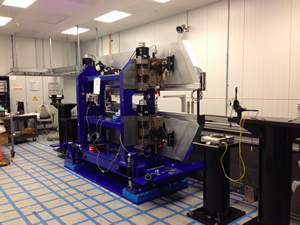The Berkeley Lab’s Engineering Division has several machine shops and laboratories used to develop parts, prototypes, and conduct experiments in support of the science conducted at the Berkeley Lab. The tiles below show some of the shops and laboratories available throughout the Division.
Check out the Behind the Scenes video to see some of the manufacturing shop’s offerings: https://youtu.be/XWZXE8mM9Ys
